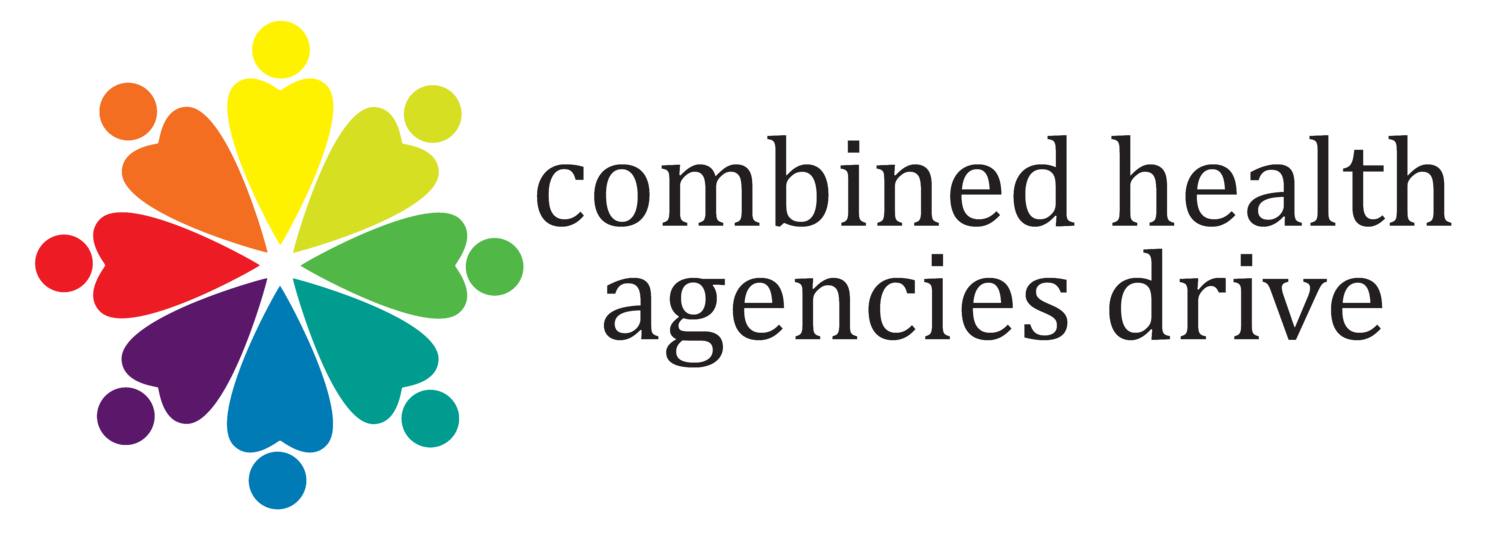Ron's Story
In 2012, Ron was working as a literacy coach at an elementary school. He started feeling some flu-like symptoms, tightness in his throat and fatigue, but he thought it was just from starting a new school year. Then, his gums started to bleed and eventually, it got harder to eat. His dentist sent him to a gum specialist, who said these symptoms were likely related to stress.
But on Oct. 3, Ron knew something was wrong and went to the emergency room at UNMC. He never expected that he would be diagnosed with Acute Myeloid Leukemia, or AML. “If I would have waited even 24 more hours, the outcome would have been very different,” he said.
Over the next 10 days, Ron would get chemotherapy. His siblings were tested to see if they were a match so he could have a stem cell transplant. His older brother, Gabriel, was not a match, but his younger sister, Dorit, was. He had to do several more rounds of chemotherapy, but he was finally able to receive the stem cell transplant in 2013.
“My family, friends, even friends of friends came out of nowhere to support me in recovery,” he said. And he had support from the Leukemia and Lymphoma Society – Nebraska Chapter (LLS), as well. At the hospital, he received pamphlets from the organization and he also accessed online resources. “It helped us understand the battle we were facing,” he said.
It’s now been five years since Ron’s diagnosis and stem cell transplant. In 2014, he started working as an Adjunct Professor in Early Education and also taught Hebrew at the University of Nebraska-Omaha, where he met his now-wife, Jessica. “I knew right away,” he said. He also had the opportunity to travel across the state with Nebraska Loves Public Schools, a film organization dedicated to advocacy for Nebraska's public schools, as well as collaborate with the Nebraska Department of Education on key projects. Originally from Israel, Ron had never had the opportunity to do that before.
Ron did volunteer and advocacy work for various organizations, as well, including LLS. He initially got involved with the Light the Night walk, and he also registered to be a First Connection volunteer. This is a free service that matches patients and their loved ones with trained peer volunteers who have shared similar experiences. Peer-to-peer connections like this are important, as Ron has learned by meeting other people through LLS with a similar story and outcomes to his. “We were all going through life normally, never knowing that we would wake up that morning and everything would change, or knowing what would have happened if we had waited.”
Additionally, he traveled to Washington, D.C., with the national LLS office to participate in a survey on how medical professionals and patients work together. The goal was to look at what patients specifically need when the FDA approves new medications. When a doctor writes a prescription, there are side effects a patient has to deal with that then require other medications, Ron said, which have side effects of their own. “It’s a never-ending cycle.”
Now, Ron is dealing with Graft vs. Host Disease (GvHD), a result of his stem cell transplant, which has chronic and severe symptoms that affect his day-to-day life. “My body is fighting itself, not knowing what is its own or what is an illness,” he said. With a lot of support from his family, he is taking a break to try and reduce his medication and let the GvHD run its course before hopefully returning to work as a full-time educator, though he welcomes it.
And supporting LLS is still an important priority for him, as the rates of cancer are increasing, and blood cancers are a key tool in seeing how the body reacts. “It’s so important for people to support LLS because of the randomness of blood cancers. A family or friend might be diagnosed, and LLS has the tools and resources available for support,” he said. “Donations help provide connections and empowerment for those of us across the state who have been sick and adds brightness to a day that would otherwise be cloudy.”

